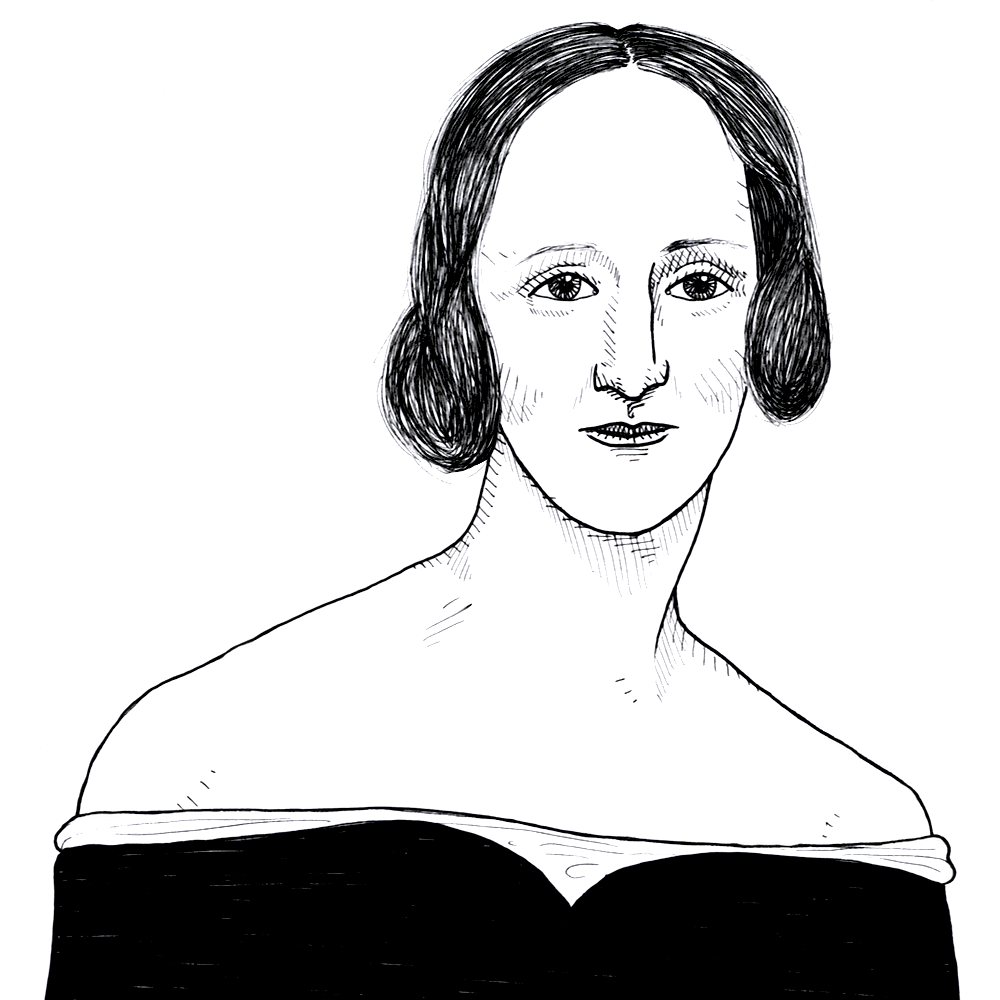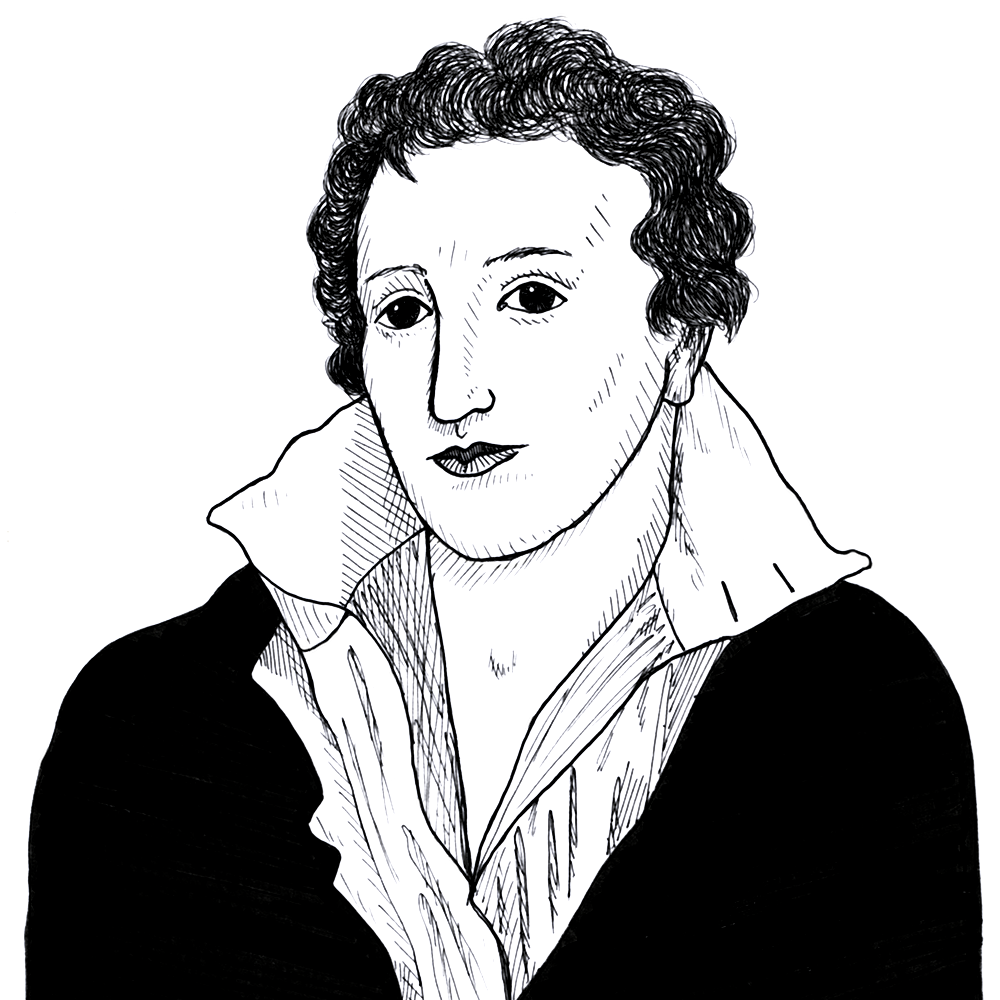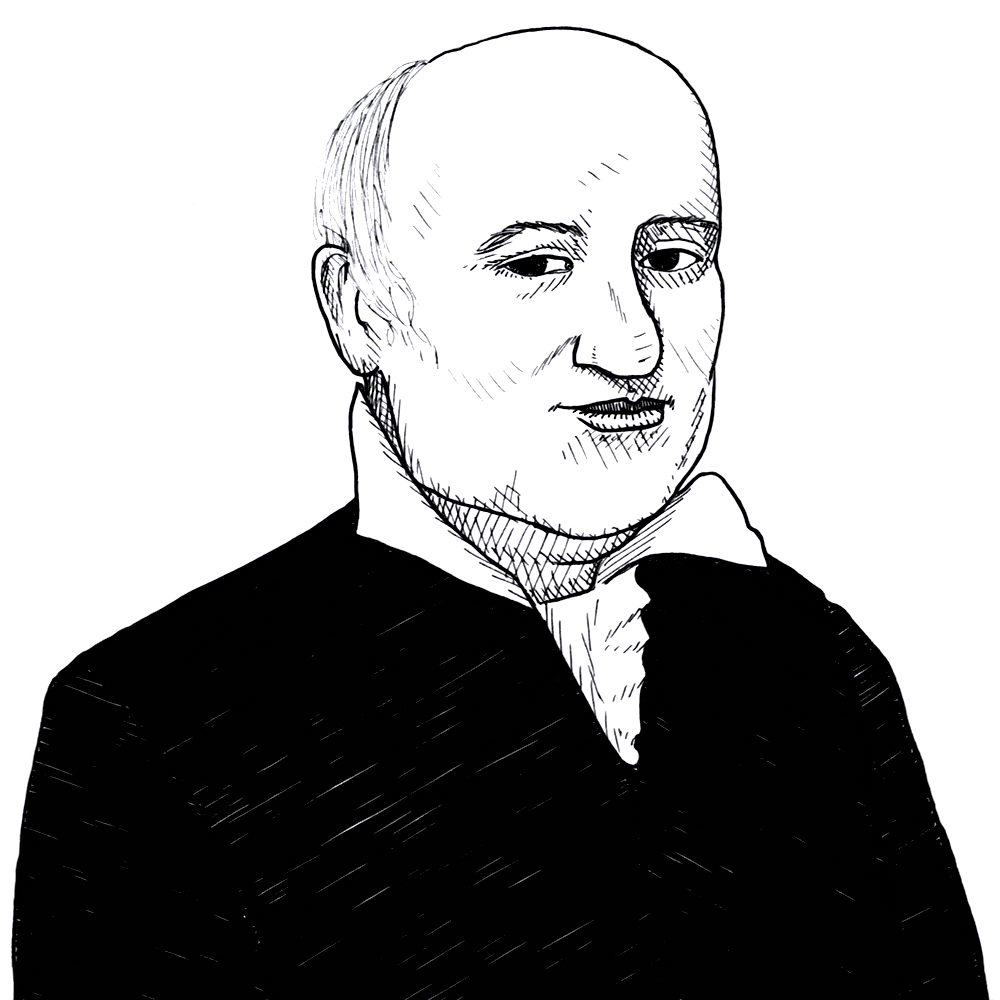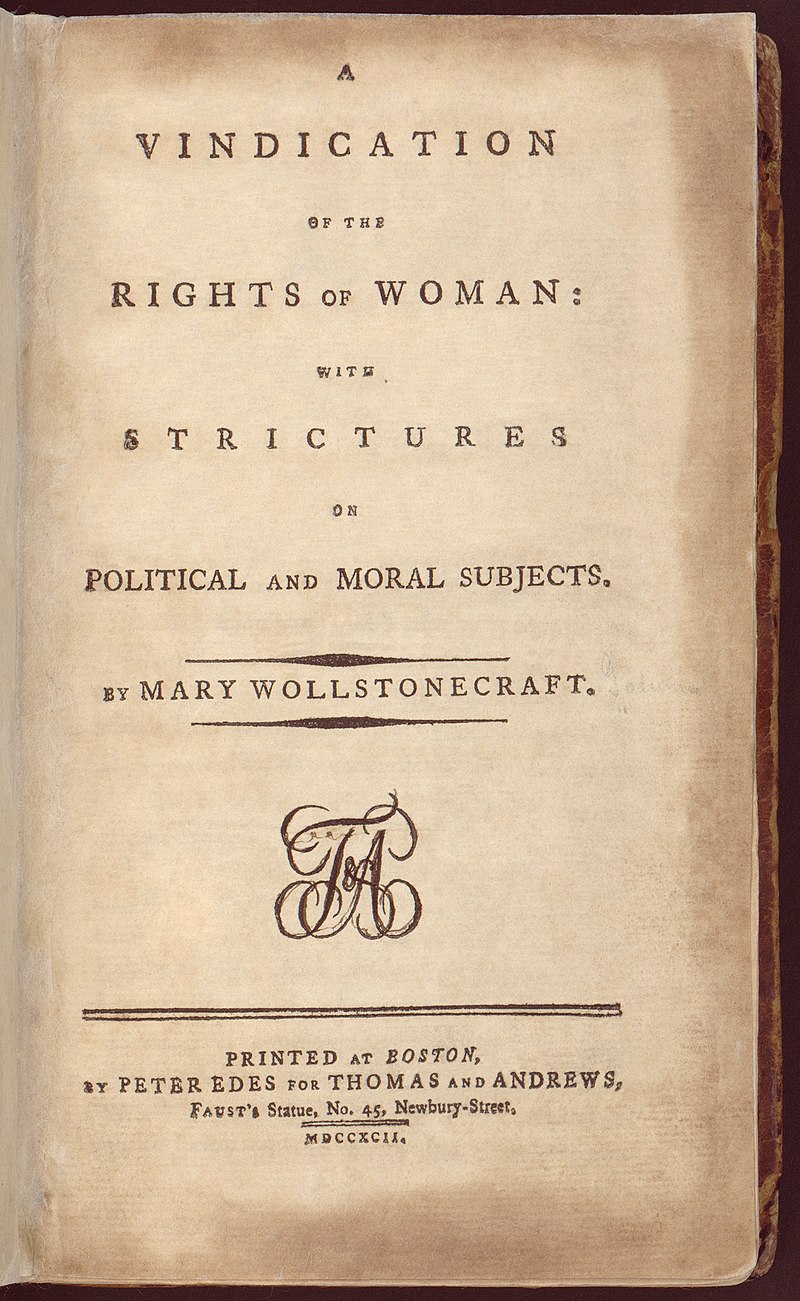
A Vindication of the Rights of Woman
- Mary Wollstonecraft (author)
Wollstonecraft first defended the rights of men in response to Burke’s pamphlet on the French Revolution, then turned to the rights of woman a couple of years later. It is one of the key texts of modern feminist thought.
Related People
Key Quotes
Women’s Rights
That woman is naturally weak, or degraded by a concurrence of circumstances, is, I think, clear. But this position I shall simply contrast with a conclusion, which I have frequently heard fall from sensible men in favour of an aristocracy: that the mass of mankind cannot be any thing, or the…
Women’s Rights
These may be termed utopian dreams. – Thanks to that Being who impressed them on my soul, and gave me sufficient strength of mind to dare to exert my own reason, till, becoming dependent only on him for the support of my virtue, I view, with indignation, the mistaken notions that enslave my sex. I…
Connected Readings
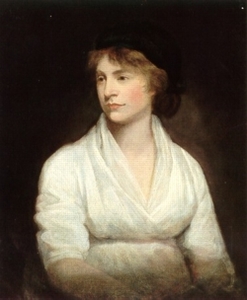
Book
A Vindication of the Rights of MenMary Wollstonecraft
a Letter to the Right Honourable Edmund Burke
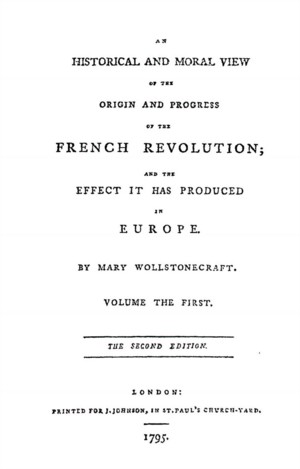
Book
An Historical and Moral View of the Origin and Progress of the French RevolutionMary Wollstonecraft
